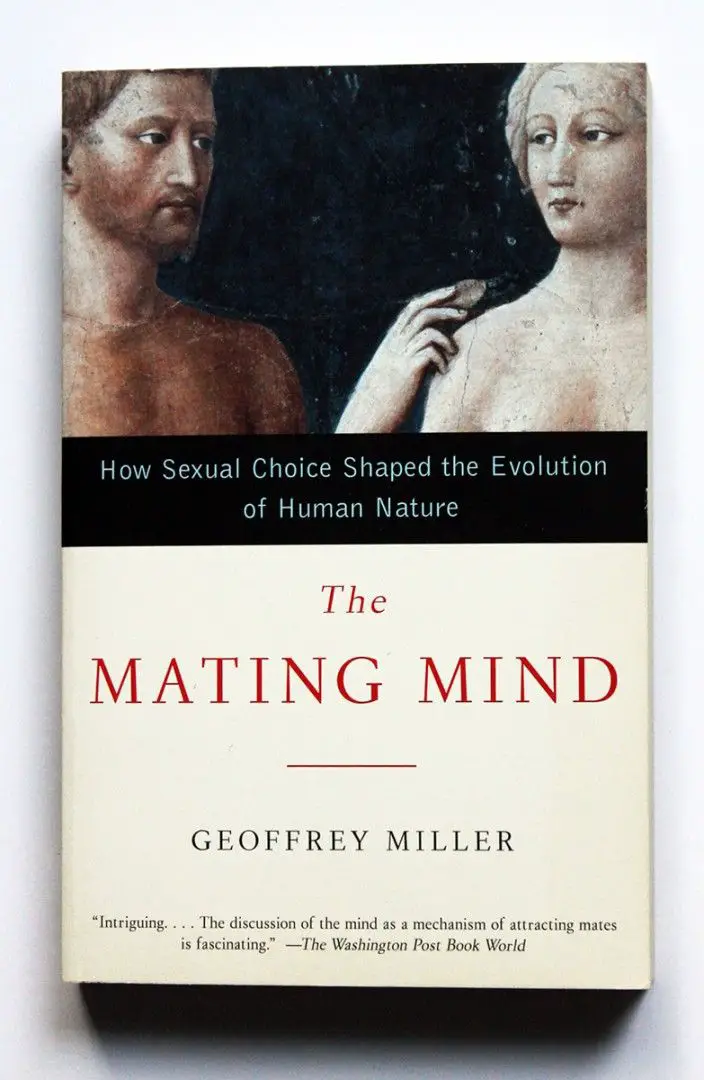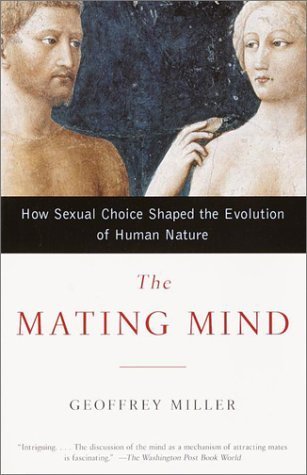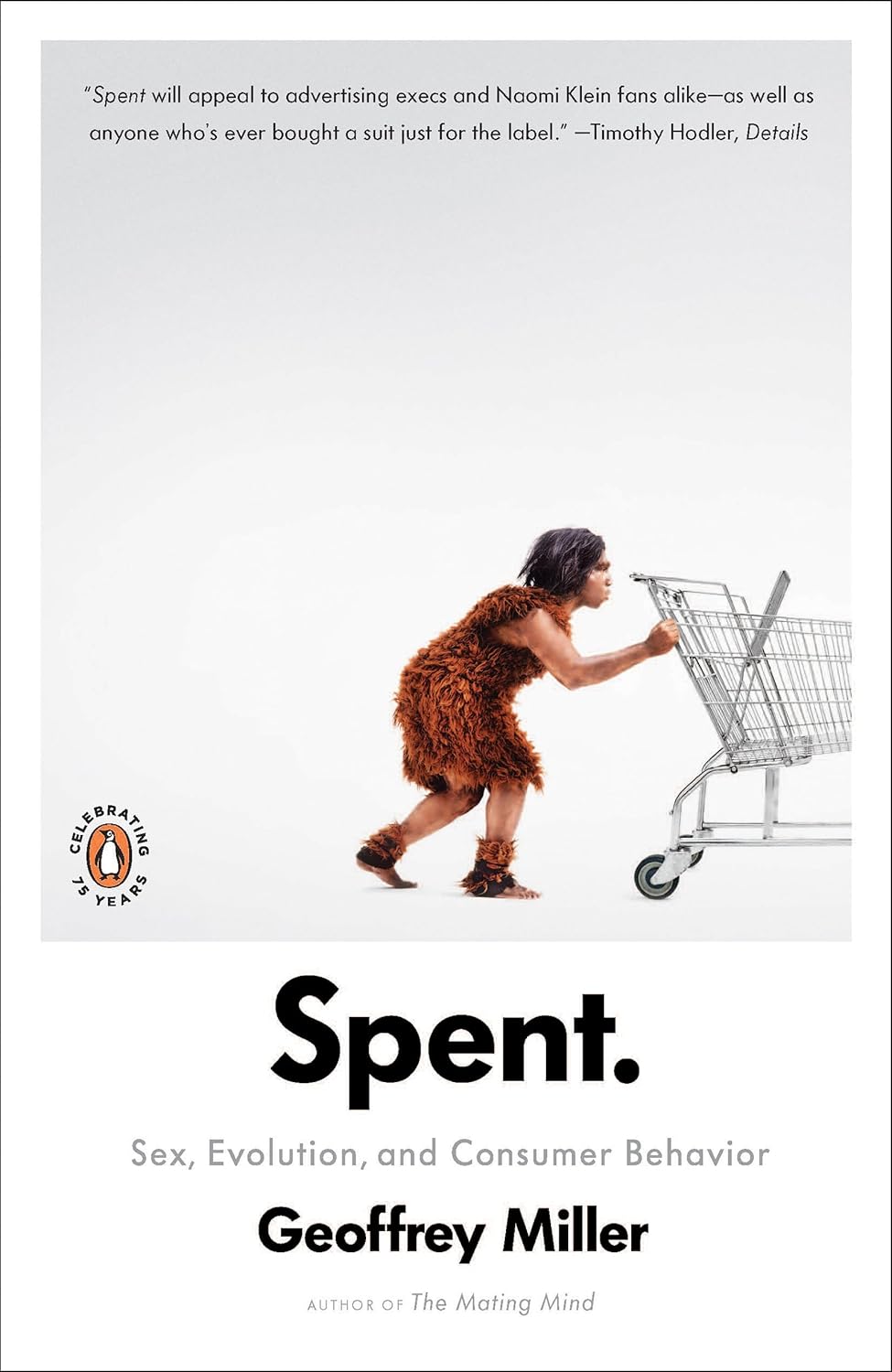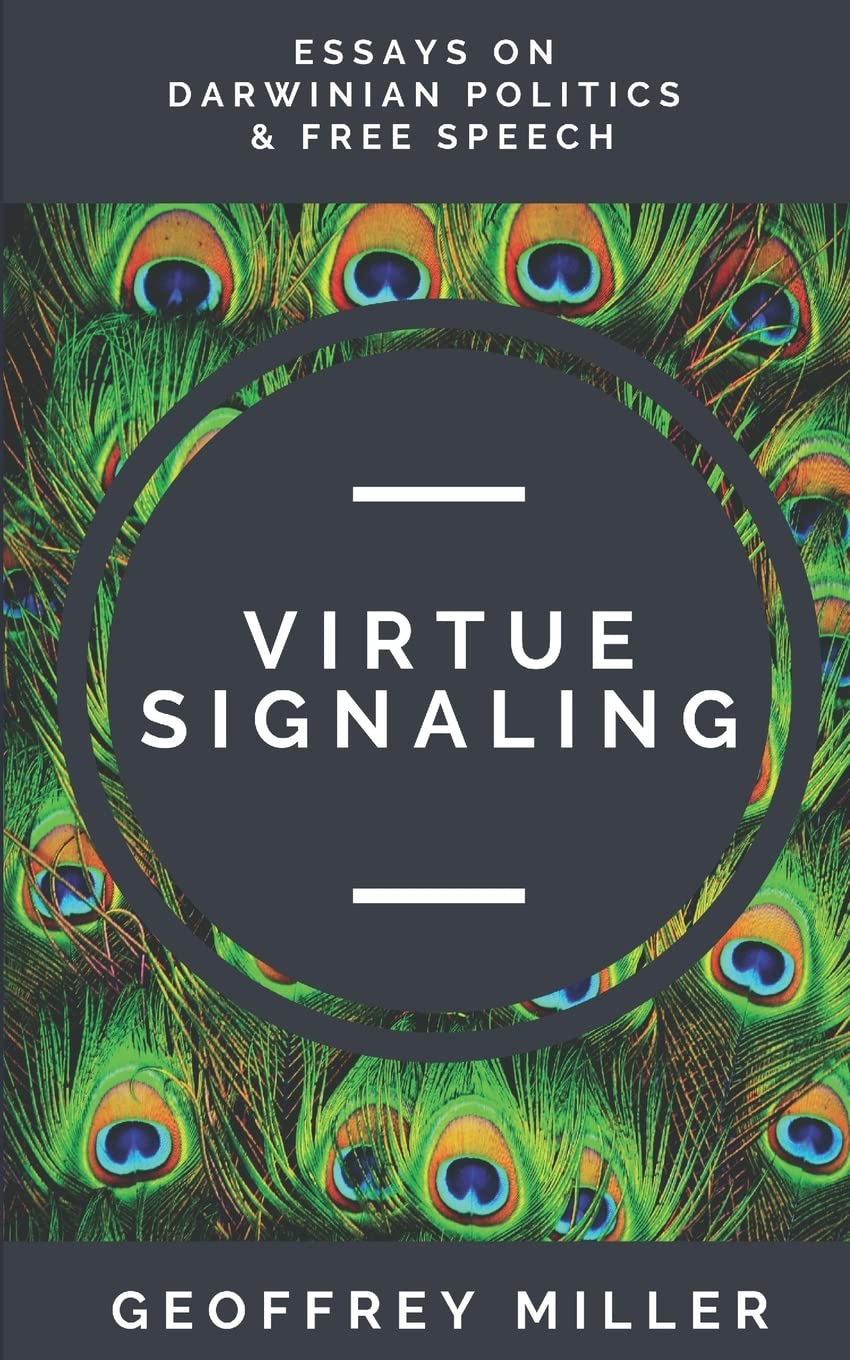Contents
Introduction

Geoffrey Miller is a prominent American psychologist and evolutionary theorist known for his significant contributions to the field of evolutionary psychology. As a leading figure in understanding human intelligence, mating strategies, and the evolution of human behavior, Miller has provided profound insights into how evolutionary principles shape modern human cognition and social interactions. His influential works, including The Mating Mind and The Inflated Male Brain, have sparked both acclaim and debate within academic circles and beyond.
Through his extensive research, publications, and public engagements, Miller has profoundly impacted contemporary psychology, offering a nuanced perspective on the complexities of human behavior and intelligence. This article explores Miller’s life, major theories, and the profound impact of his work on modern psychology, particularly his contributions to evolutionary psychology and the understanding of human intelligence and mating strategies.
Early Life and Education
Geoffrey James Miller was born on May 7, 1968, in Albuquerque, New Mexico, USA. From an early age, Miller exhibited a keen interest in understanding human behavior and cognition, driven by a curiosity about what distinguishes humans from other animals. His academic journey was marked by a commitment to exploring the evolutionary underpinnings of intelligence and social behavior, leading him to pursue advanced studies in psychology and evolutionary biology.
Image Source: Penguin Books Australia

Educational Journey
| Aspect | Details |
|---|---|
| Undergraduate Education | Miller earned his Bachelor of Arts degree in Psychology from the University of New Mexico in 1990. During his undergraduate studies, he focused on cognitive psychology and developmental psychology, laying the groundwork for his future research interests in evolutionary psychology and intelligence. |
| Graduate Studies | He pursued his Ph.D. in Evolutionary Psychology at the University of New Mexico, completing his dissertation on the evolutionary basis of human intelligence in 1996. Under the mentorship of esteemed psychologists, Miller developed a deep understanding of how evolutionary principles influence cognitive functions and social behaviors. |
| Postdoctoral Training | After earning his doctorate, Miller engaged in postdoctoral research at the University of California, Irvine, where he further explored the intersection of evolutionary biology and cognitive psychology. His postdoctoral work involved advanced studies on the role of intelligence as a fitness indicator in human evolution. |
| Academic Positions | Miller has held various academic positions, including professorships at Johns Hopkins University and the University of New Mexico. His current role as a Professor of Psychology at the University of New Mexico allows him to mentor graduate students and lead cutting-edge research projects in evolutionary psychology and intelligence. |
Influences and Early Career
| Aspect | Details |
|---|---|
| Charles Darwin | Miller was profoundly influenced by Charles Darwin’s theories of natural selection and sexual selection, which form the foundational principles of evolutionary psychology. Darwin’s ideas on how traits evolve based on reproductive success guided Miller’s exploration of intelligence and mating strategies. |
| Evolutionary Biologists | Influenced by contemporary evolutionary biologists like Robert Trivers and David Buss, Miller integrated advanced evolutionary theories into his psychological research, particularly focusing on how intelligence serves as a fitness indicator in human mating and social interactions. |
| Cognitive Psychologists | The work of cognitive psychologists such as Ulric Neisser and Howard Gardner shaped Miller’s understanding of intelligence as a multifaceted construct, leading him to explore its evolutionary significance and manifestations in human behavior. |
| Behavioral Scientists | Early in his career, Miller was influenced by behavioral scientists who emphasized the role of observable behavior and empirical research methods in understanding psychological phenomena, reinforcing his commitment to scientifically rigorous studies in evolutionary psychology. |
| Interdisciplinary Approach | Miller’s ability to integrate insights from psychology, biology, and anthropology has been crucial in his approach to studying human intelligence and behavior, fostering collaborations across disciplines and advancing comprehensive research methodologies. |
Major Theories and Work

The Mating Mind
Geoffrey Miller’s most influential work, The Mating Mind: How Sexual Choice Shaped the Evolution of Human Nature (2000), presents a comprehensive theory on how human intelligence and creativity have evolved primarily through sexual selection rather than natural selection.
- Sexual Selection Theory: Building on Darwin’s principles, Miller argues that intelligence and creative abilities are evolved traits selected for their attractiveness to potential mates.
- Intelligence as a Fitness Indicator: Miller posits that intelligence serves as a costly signal, demonstrating an individual’s cognitive capabilities and overall fitness. High intelligence indicates good genes and the ability to solve complex problems, which are attractive qualities in a mate.
- Art and Creativity: According to Miller, human artistic and creative endeavors, such as music, art, and literature, evolved as displays of cognitive prowess. These creative expressions signal intelligence and social sophistication to potential mates.
Image Source: Tori

Intelligence as a Fitness Indicator
Miller’s research emphasizes the role of intelligence as a key indicator of genetic fitness and overall health, influencing mate selection and reproductive success.
- Cognitive Abilities and Reproductive Success: Studies have shown correlations between high intelligence and increased reproductive success, supporting the idea that intelligence is a desirable trait in mate selection.
- Neurobiological Basis of Intelligence: Miller explores the neurobiological mechanisms that underpin intelligence, including brain structure, neural connectivity, and cognitive processing, linking these factors to evolutionary fitness.
- Intelligence and Social Status: High intelligence is often associated with higher social status, better access to resources, and greater influence within social hierarchies, all of which enhance an individual’s attractiveness as a mate.
Image Source: Phoenix Rising Yoga Therapy
Famous Books and Publications

The Mating Mind

Spent: Sex, Evolution, and Consumer Behavior

Virtual Signaling: Essays on Darwinian Politics and Free Speech

Must-Have: The Hidden Instincts Behind Everything We Buy
Influence on Contemporary and Future Psychological Research
- Evolutionary Psychology Framework: Geoffrey Miller’s work has established a robust framework for understanding human behavior through an evolutionary lens, encouraging researchers to explore the adaptive significance of cognitive and creative traits in various contexts, including education and mental health.
- Sexual Selection and Intelligence Studies: His emphasis on sexual selection has inspired a wealth of research investigating how reproductive strategies influence intelligence and creativity, leading to interdisciplinary studies that bridge psychology, biology, and sociology.
- Interdisciplinary Collaborations: Miller’s ideas have fostered collaborations across disciplines, inspiring psychologists, biologists, and anthropologists to examine the interplay between evolution, cognition, and social behavior, which is crucial for holistic understanding of human nature.
- Impacts on Mental Health Practices: Insights from his work on creativity and intelligence have begun to inform therapeutic practices, particularly in enhancing creative problem-solving skills and resilience in mental health settings.
- Future Research Directions: As researchers continue to explore the evolutionary roots of human behavior, Miller’s theories are likely to guide future inquiries into the biological and environmental factors that shape cognitive processes, informing both theoretical advancements and practical applications in psychology.
Psychologists and Educators Influenced by Geoffrey Miller

- Steven Pinker: A prominent cognitive psychologist and linguist, Pinker has integrated Miller’s work in evolutionary psychology to examine the nature of human intelligence and language. His exploration of cognitive processes benefits from Miller’s emphasis on the adaptive significance of these traits, contributing to a broader understanding of how language evolves within social contexts.
- David Buss: As an evolutionary psychologist, Buss is known for his research on mating strategies and human aggression. He draws upon Miller’s theories regarding sexual selection and intelligence, using these concepts to explain behaviors that enhance reproductive success and social dynamics among humans.
- Leda Cosmides: A pioneer in evolutionary psychology, Cosmides has collaborated with Miller on research focusing on cognitive adaptations and social behaviors influenced by evolutionary pressures. Their joint efforts have significantly advanced the understanding of how evolutionary forces shape human cognition and social interactions.
- Steven C. Hayes: The developer of Acceptance and Commitment Therapy (ACT), Hayes has integrated insights from evolutionary psychology, including concepts influenced by Miller, into his therapeutic practices. His work emphasizes the adaptive nature of human behavior, enhancing the effectiveness of interventions aimed at fostering psychological flexibility.
- Robin Dunbar: An anthropologist and evolutionary psychologist, Dunbar has been influenced by Miller’s theories on social intelligence. His research explores the evolution of human cognitive abilities in relation to social structures, illustrating how social dynamics have shaped the development of intelligence throughout human history.
Impact on Psychology
- Influence on Modern Thought: Geoffrey Miller’s exploration of evolutionary psychology and the role of sexual selection in shaping human intelligence and creativity has fundamentally transformed contemporary thought in psychology. His research argues that cognitive and creative traits have evolved not just for survival but also for reproductive success and social dominance. By highlighting the relationship between biology, cognition, and social behavior, Miller has provided a nuanced understanding of human intelligence and creativity, influencing how these concepts are studied across various disciplines.
- Legacy and Recognition: Miller has been honored with numerous accolades for his contributions, including the APA Award for Distinguished Scientific Contributions, recognizing his pioneering research in evolutionary psychology. He received the Lifetime Achievement Award from the Evolutionary Psychology Division of the APA and an Honorary Doctorate from the University of New Mexico for his impact on understanding human intelligence. He was also elected to the Fellowship of the American Academy of Arts and Sciences. His influential book, The Mating Mind, has garnered critical acclaim, reinforcing his legacy in both academic and public discourse. Miller’s work continues to shape research and education in psychology, ensuring his ideas resonate with future generations.
Conclusion
Geoffrey Miller’s pioneering work in evolutionary psychology has had a profound and lasting impact on the field of psychology, particularly in understanding the evolution of human intelligence, creativity, and mating strategies. By elucidating the role of sexual selection in shaping cognitive abilities and social behaviors, Miller has provided invaluable insights into the complexities of human nature. His extensive research, influential publications, and dedication to interdisciplinary study have advanced academic knowledge and informed practical applications in education, therapy, and cognitive science. Miller’s enduring legacy as a thought leader and innovator underscores his pivotal role in shaping the future of psychology and our understanding of what it means to be intelligent and creative humans.
Bibliography
- Miller, G. F. (2000). The Mating Mind: How Sexual Choice Shaped the Evolution of Human Nature. Doubleday.
- Miller, G. F. (2006). The Darwin Wars: The Scientific Battle for the Soul of Man. Thomas Dunne Books.
- Miller, G. F. (2015). The Inflated Male Brain: Data and Theory. Oxford University Press.
- Miller, G. F. (2017). The Mating Mind: How Sexual Choice Shaped the Evolution of Human Nature (Revised Edition). Doubleday.
- Miller, G. F. (2023). How Evolution Made Us Smarter Than We Think. Harvard University Press.
- Miller, G. F. (2010). “Sexual Selection and the Evolution of Human Intelligence”. American Psychologist, 65(7), 534-546.
- Miller, G. F. (2012). “The Evolutionary Psychology of Mating Strategies”. Journal of Personality and Social Psychology, 103(2), 254-270.
- Miller, G. F. (2015). “Intelligence as a Fitness Indicator”. Behavioral and Brain Sciences, 38, e39.
- Miller, G. F. (2020). “Cognitive Evolution: Theories and Applications”. Annual Review of Psychology, 71, 213-238.
- Miller, G. F., & Buss, D. M. (2000). “Evolutionary Psychology and the Mating Mind”. Psychological Inquiry, 11(3), 199-210.
